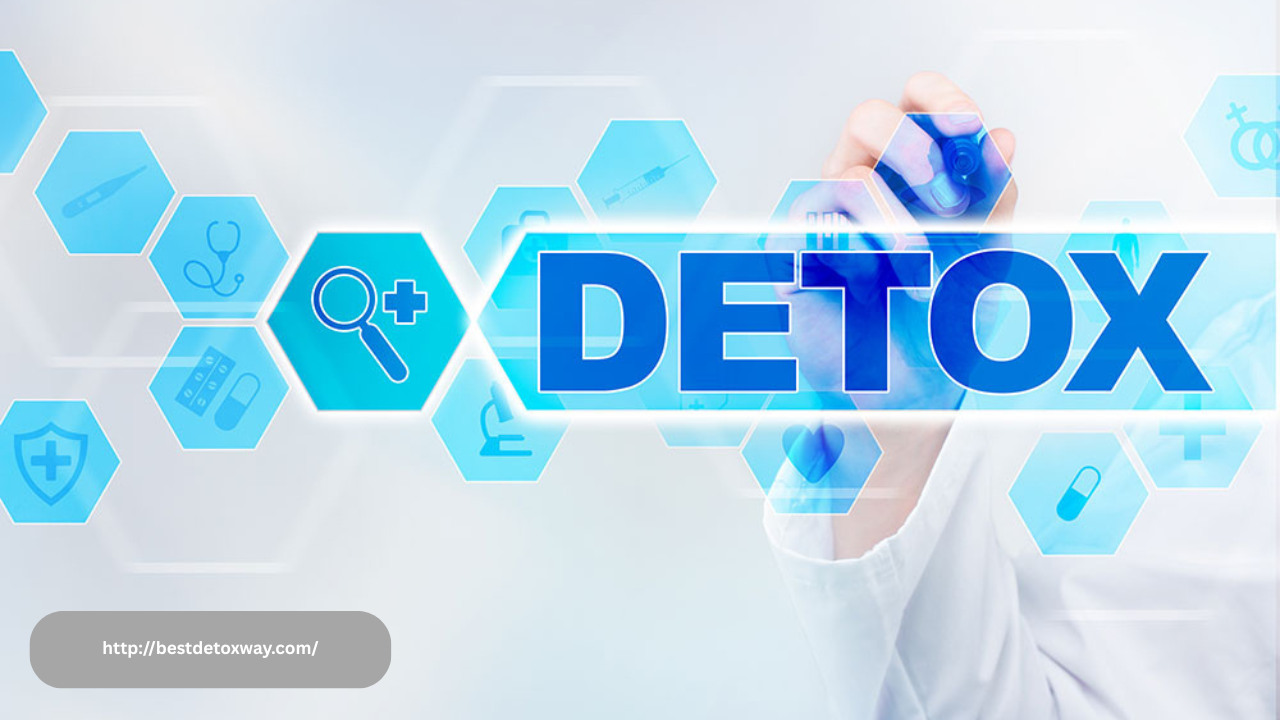Recovery from substance abuse is a journey, and every journey needs a beginning. For individuals struggling with addiction, that beginning is often detoxification. Detox, the process of clearing drugs or alcohol from the body, is the first crucial step in healing from substance abuse. It provides the foundation for physical stabilization, emotional clarity, and a successful transition into long-term treatment and recovery.
Why Detox Matters
Substance abuse causes profound changes in the brain and body. Over time, the body adapts to the presence of drugs or alcohol, leading to dependence. When someone tries to stop using, the body reacts with withdrawal symptoms, which can range from uncomfortable to life-threatening. Detox helps manage these symptoms in a safe, supportive environment.
Medical detox is often necessary, especially for substances like alcohol, benzodiazepines, and opioids. Withdrawal from these substances can result in severe symptoms such as seizures, hallucinations, and heart complications. In a supervised detox program, healthcare professionals monitor the individual’s vital signs, administer medications to ease discomfort, and provide support around the clock.
Creating a Stable Starting Point
Detox is not just about physical cleansing. It’s about creating a stable base from which healing can begin. When the body is overwhelmed with toxins, the mind struggles to function clearly. Detox allows individuals to regain mental clarity, making them more open and responsive to therapy and other forms of treatment.
Many people underestimate the mental and emotional fog that accompanies substance abuse. Once the body is no longer reliant on substances, individuals often experience a sense of mental awakening. This clarity is essential for engaging in counseling, making important decisions, and beginning the hard work of recovery with a clear focus.
Preventing Immediate Dangers
The detox phase is also critical for preventing the immediate dangers associated with substance withdrawal. Attempting to detox without medical support can be dangerous, and in some cases, fatal. Supervised detox programs ensure that individuals are not only safe but also supported emotionally and physically during one of the most challenging phases of recovery.
Furthermore, the detox period is when cravings can be most intense. Without support, many individuals relapse quickly, restarting the cycle of addiction. A structured detox environment reduces access to substances and provides tools to manage cravings, increasing the chances of success.
The Path Forward
While detox is essential, it is only the beginning of the recovery process. After detox, individuals must continue with comprehensive treatment programs that address the root causes of addiction. This might include therapy, group support, medical care, and lifestyle changes. Detox opens the door to these next steps, making recovery possible.
Conclusion
Healing truly begins with detox. It is the moment where the cycle of addiction is interrupted and a new path begins. By safely managing withdrawal symptoms and providing a stable foundation for treatment, detox is an essential part of overcoming substance abuse. For those ready to reclaim their lives, detox is the first courageous step toward healing, hope, and lasting change.
